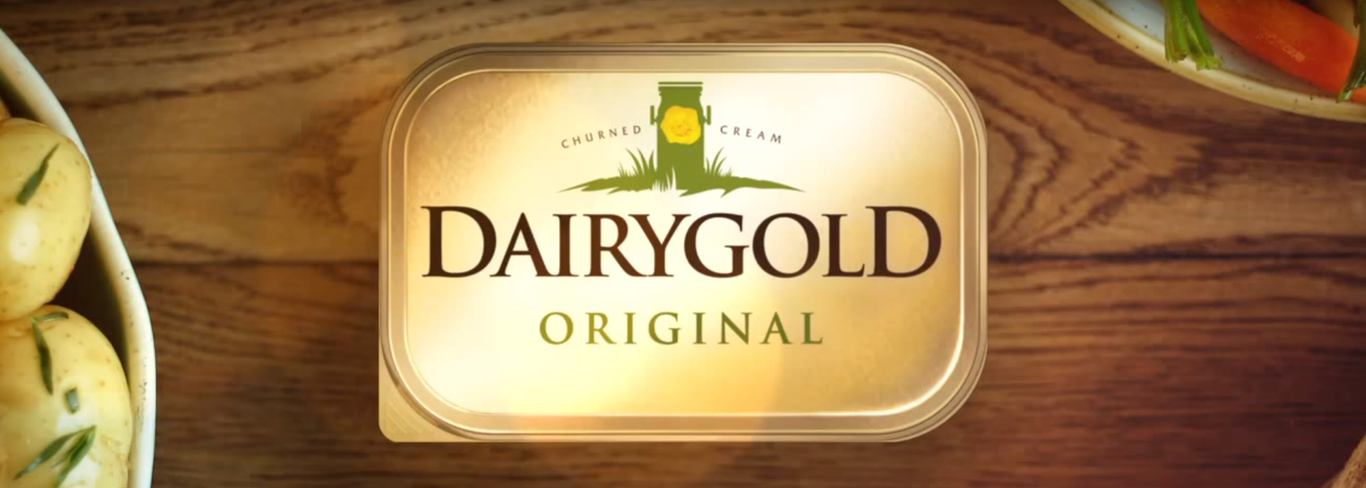These are the only three deals the competition watchdog has ever blocked
One involved a long-running battle over a deal involving the iconic Dairygold brand.
IRELAND’S COMPETITION WATCHDOG has only blocked three deals from going ahead since it was formed nearly 15 years ago, one of which included the sale of the Dairygold brand.
Since it was founded in 2002, over 700 deals have been notified to the Competition Authority and its successor, the Competition and Consumer Protection Commission (CCPC).
The CCPC is responsible for controlling mergers of Irish companies. If two firms are coming together, or one is taking over another, and the result would leave a company with too large a share of the market then the commission has the power to intervene.
A study carried out by law firm McCann FitzGerald found that, between 2003 and 2015, 722 deals were notified to the commission.
Deal-making hit its peak in the boom-time years, topping out at 98 in 2006 before falling to as low as 27 during the trough of the recession.
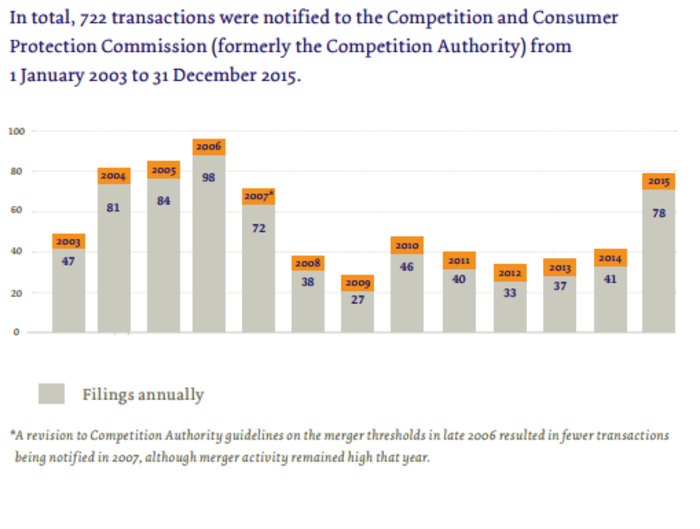
The vast majority of those deals were waved through at the first hurdle, while the CCPC decided that 26 transactions needed a deeper, phase-two investigation.
Of that small contingent, many were still given the green light while seven received conditional clearances. A CCPC spokeswoman told Fora these arrangements were where the commission orders the purchaser to “take certain actions either before or after the implementation of the merger”.
“The purpose of these conditions or commitments is to remedy any potentially anti-competitive effects of the merger,” she said. For example, this could see a company sell off certain assets so that it would not dominate the market it operates in.
Although the number of phase-two investigations sounds relatively low, Ireland is actually about average compared to other European countries.
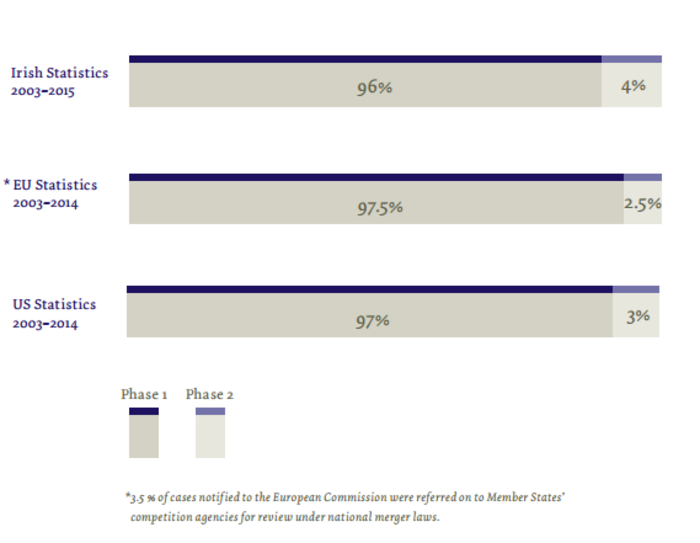
Only three deals have been blocked under merger rules while one more, a proposed hook up of book retailer Easons and wholesaler Argosy, was also scuppered – although this was under competition rules rather than merger-control provisions.
These are the deals that have fallen foul of the watchdog:
2008: Kerry/Breeo Foods
This takeover would trigger a long-running court battle that was finally resolved only a couple of months ago.
In May 2008, Irish food giant Kerry Group, which owns a string of well-known brands, offered to buy rival Breeo Foods for €165 million.
Kerry eventually picked up Dairygold from Breeo, which at the time had a very strong portfolio of its own including Galtee rashers and sausages and Shaws cooked meats.
Competition officials got worried about the deal, mostly due to the fact that both companies had large distribution operations focusing on consumer foods like cooked meats and cheese, and decided to block the takeover.
However Kerry took the competition authority to the High Court and in 2009 won the right to buy Breeo, even managing to pay a lower price of €140 million.
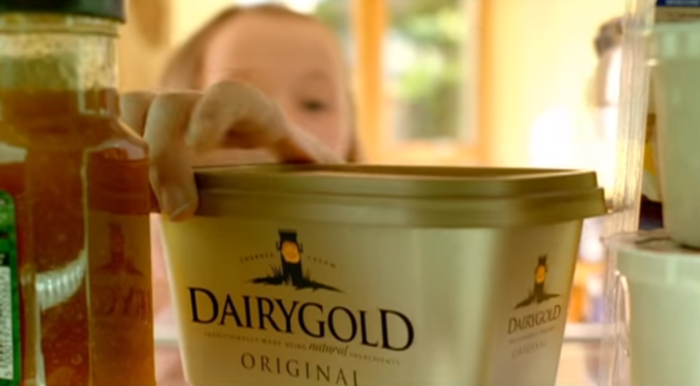 Dairygold was once owned by Breeo Foods
Dairygold was once owned by Breeo Foods
Competition officials began an appeal to the Supreme Court in April 2009, but because of backlogs in the system the case was only heard this year – seven years after the deal had gone through.
The CCPC reviewed the case and decided that it was best not to keep the legal action up, reaching settlement terms with Kerry subsidiary Rye Investments relating to the costs of the court proceedings.
2006: Kingspan/Xtratherm
The family of small business activist Eoghan Hynes looked like it was set to receive a serious windfall in the summer of 2006 when publicly quoted energy company Kingspan confirmed that it was in talks to take over Leanort for €87 million.
Leanort was the holding company for two insulation businesses, Hytherm and Xtratherm, founded by Hynes – who also served as the chairman of the ISME business lobby group.
Competition authorities found that the activities of Kingspan and Xtratherm overlapped too much and would have allowed the combined firm to dominate the insulation business in Ireland.
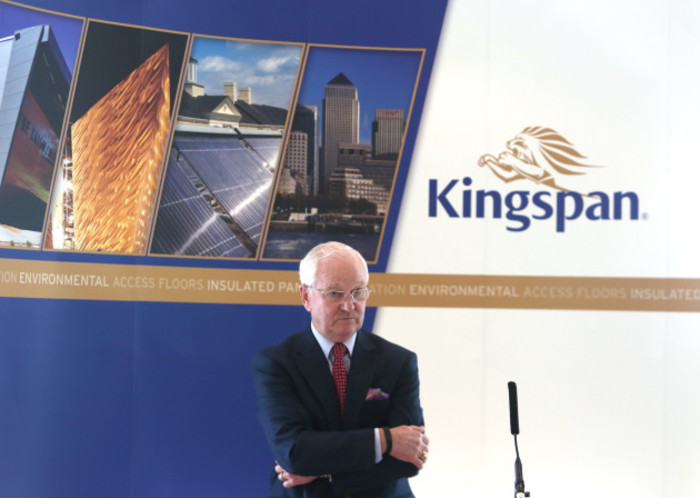 Current Kingspan chairman Eugene Murtagh
Current Kingspan chairman Eugene Murtagh
Officials were also worried that if the deal went ahead the new company would be big enough that it would be able to put off any potential rivals from muscling in on its territory.
Hynes would have to wait nearly a decade for a deal to finally go through. In December, Xtratherm was finally sold to a Belgian subsidiary of the American carpet giant Mohawk Industries for over €100 million.
Hynes himself only held about 1.5% of the company at the time of the sale, but members of his family, who together held a majority of shares, were still able to benefit from the deal.
2004: IBM/Schlumberger
In 2004, US computer giant IBM was hoovering up rivals across the globe. It had recently bought the consulting arm of global accountancy firm PwC and was on the lookout for more buys.
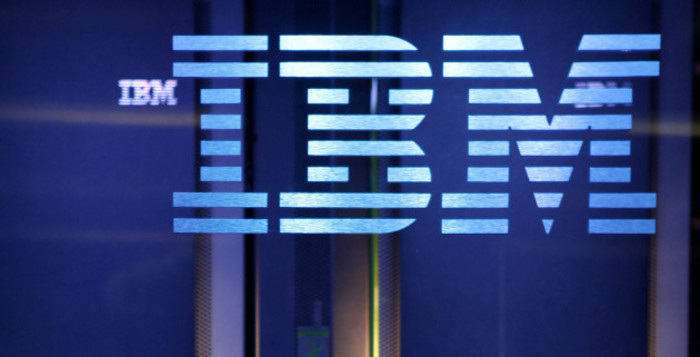
It settled on the disaster-recovery business of Dutch oil services titan Schlumberger, one of Europe’s biggest companies. The division was valued at about $200 million and IBM started bolting on the businesses across Europe.
However, in Ireland the Competition Authority was wary. New merger-control rules had just been introduced and the body decided to block the deal, saying that the merged entity would get a stranglehold on the Irish disaster recovery sector with an 80% share.
Rather than try and slog it out with the watchdog IBM backed down from the deal, deciding that it wasn’t worth the effort.
